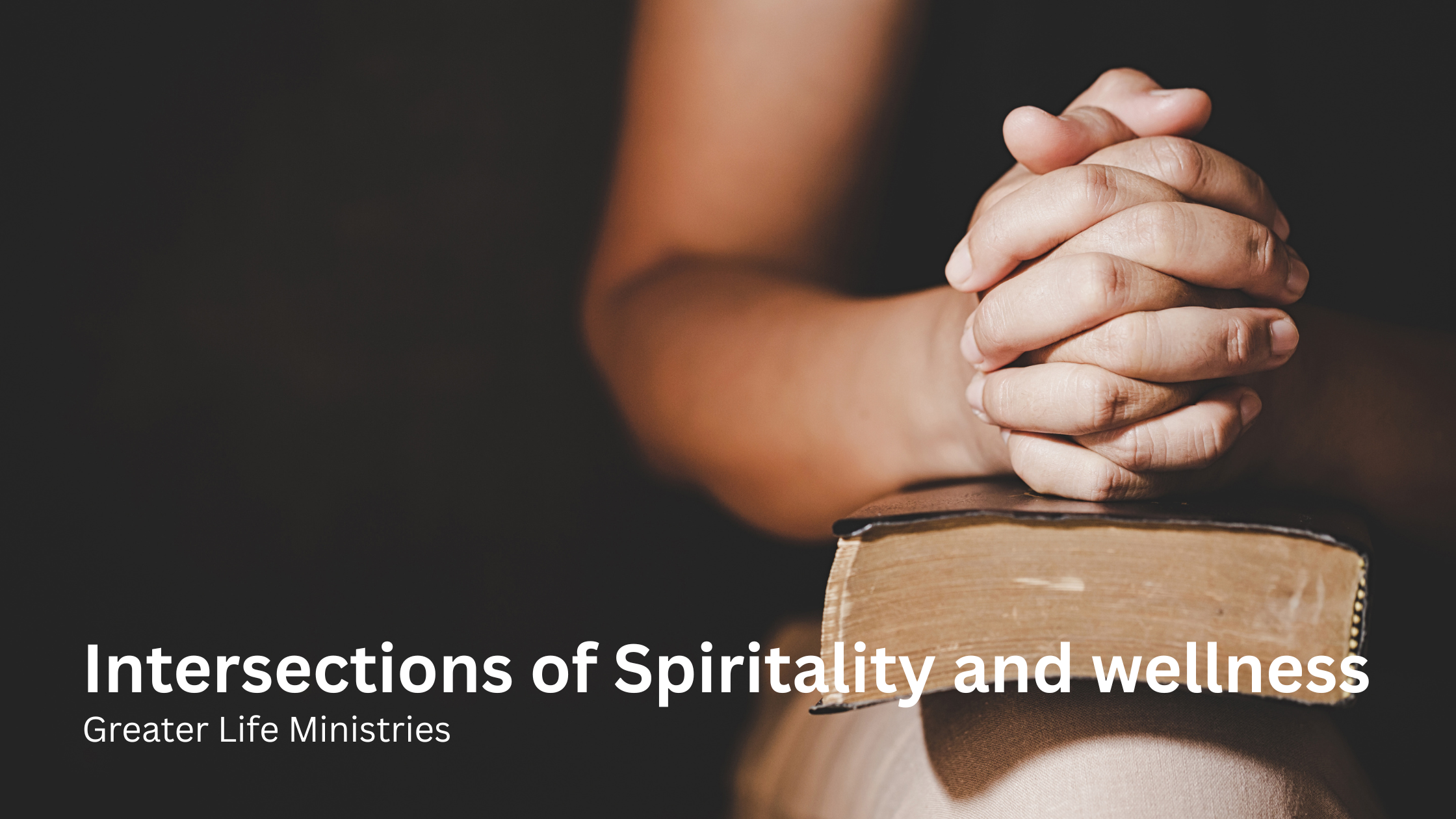As we navigate the complexities of life, it’s easy to get caught up in the pursuit of spiritual growth and emotional wellness as two separate, distinct goals. We might focus on finding inner peace through meditation and prayer, while also striving for emotional balance through self-care and other practices.
Sometimes, the simplest moments hold the deepest wisdom. Let your thoughts settle, and clarity will find you. Christ can help with that.
However, there is a deeper connection between these two pursuits that can bring profound benefits to our lives. When we approach spiritual growth and emotional wellness as interconnected aspects of our being, we can cultivate a more holistic understanding of ourselves and our place in the world.
The Spirituality of Emotional Wellness
Emotional wellness is not just about feeling good or avoiding bad emotions; it’s also about acknowledging and working through our emotional pain. This can be a difficult and vulnerable process, but it’s essential for true spiritual growth.
When we neglect to address our emotional wounds, they can fester and affect every area of our lives and the decisions you make. You may feel stuck, disconnected from others, or unable to experience joy or fulfillment. By acknowledging and working through our emotions, you create space for the Holy Spirit to work within your life situation.
The Holiness of Spiritual Growth
Spiritual growth, on the other hand, is not just about achieving a state of inner peace or tranquility, obedience, etc; it’s also about embracing the challenges and complexities of life as opportunities for growth and transformation.
When we focus solely on spiritual growth, we may overlook the importance of other things like your health, or emotional wellness. We might push through emotions that are uncomfortable or difficult to deal with, rather than taking the time to explore and understand them.
However, when we approach spiritual growth from an intersectional perspective, we begin to see that true transformation requires both spiritual awareness and emotional intelligence.
The Intersection Point
So where do these two pursuits intersect? How can we integrate spiritual growth and emotional wellness into a cohesive whole?
One way is to approach spiritual practices as an opportunity for emotional release and healing. For example:
- Prayer can become a powerful outlet for emotions, allowing us to express ourselves honestly and authentically to the Christ.
- Prayer can help you cultivate awareness enabling you to better navigate challenging situations.
- Community building can provide a safe space for emotional sharing and support.
In turn, spiritual practices can also inform our approach to emotional wellness. For example:
- We might use prayer, or mindfulness practices to acknowledge and accept difficult emotions, rather than trying to suppress or deny them.
- We could use prayer as a tool for emotional healing, asking Christ to work in you and through you to bring harmony and wholeness.
- We might prioritize self-care and rest, recognizing that your bodies and minds need time to recover from the stresses of life.
Conclusion
The intersection of spiritual growth and emotional wellness offers a rich and profound space for exploration and transformation. By acknowledging the interconnectedness of these two pursuits, we can cultivate a more holistic understanding of ourselves and our place in the world.
As we navigate the complexities of life, let us remember that true spiritual growth requires both spiritual awareness and emotional intelligence. By embracing this intersectional approach, we can experience greater wholeness, balance, and fulfillment in all areas of our lives.


Leave a Reply